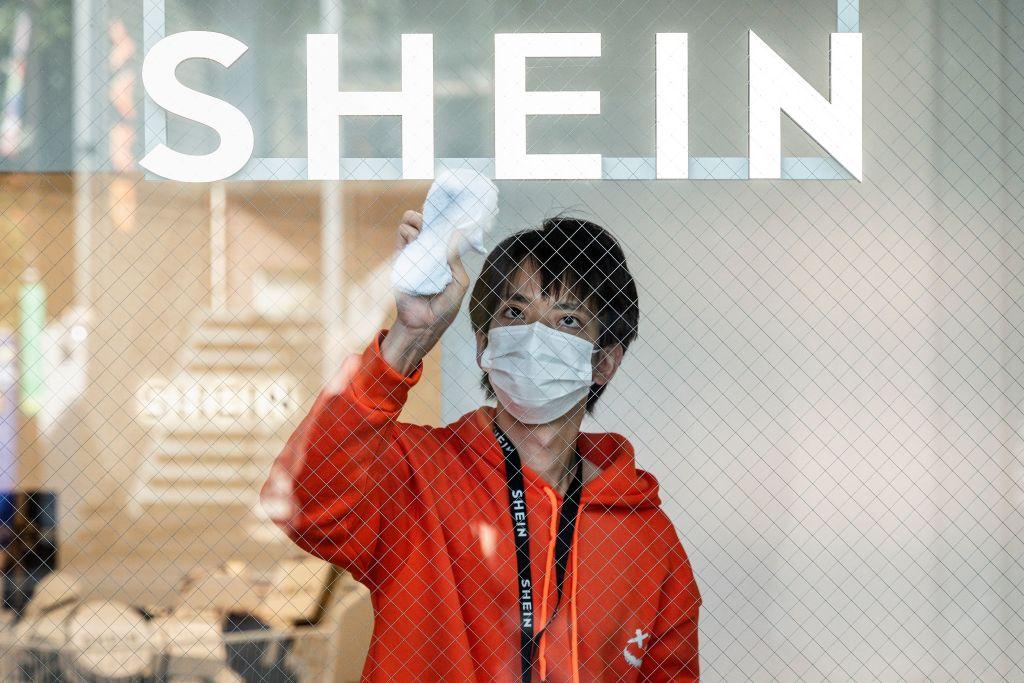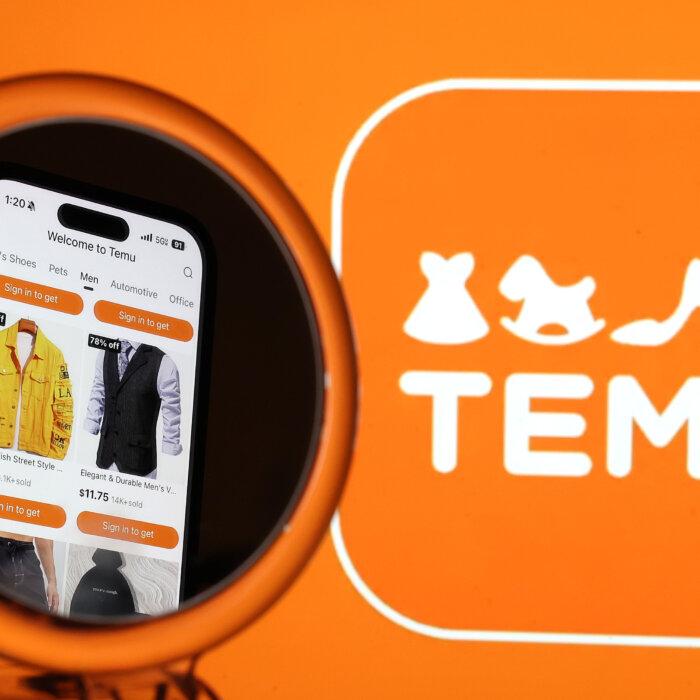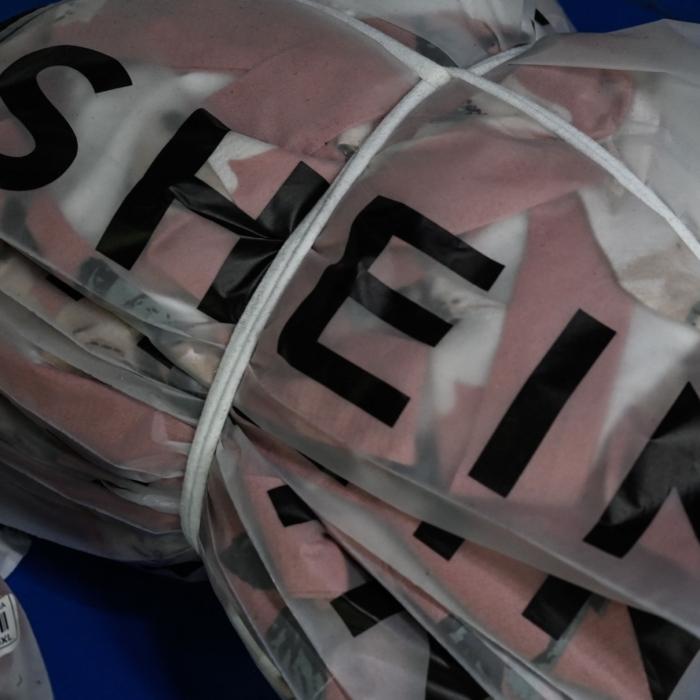Shein has pledged to invest over £200 million in the UK and the European Union as the online fast-fashion company battles opposition to its potential listing on the London Stock Exchange (LSE).
The Chinese company, incorporated in Singapore, is facing scrutiny for avoiding import duty by shipping cheap clothes directly to customers’ doors from Chinese factories, and allegations that their products could involve Uyghur forced labour.
The initial pledge includes a 200 million euros (£169 million) Circularity Fund for start-ups and other businesses that work on recycled materials, new and emerging preferred fibres, and related areas.
The remaining 50 million euros (£42 million) is earmarked for commercialising designs of British and European artists, onboarding British and European businesses onto Shein’s Marketplace platform, and potential investments in R&D or pilot Shein production facilities in Europe or the UK, the company said.
Shein has reportedly applied to list on the LSE in June after its previous plan to list in New York was held up following resistance from U.S. lawmakers and after China Securities Regulatory Commission reportedly advised against a U.S. listing.
The company’s potential LSE listing is also up in the air amid concerns in the UK and speculations of future Chinese intervention.
UK-based right group Uyghur Genocide group has also written to the Financial Conduct Authority last month, calling on the regulator to reject Shein’s attempt to list in London.
Shein already sources some clothes from factories in Turkey, although the vast majority of its products are made by around 5,400 suppliers mainly in Guangzhou, China.
Textile associations and politicians in Europe have accused the retailer of eroding local industries by flooding the market with garments at prices domestic factories and retailers cannot compete with, partly thanks to its use of a tax break for parcels worth less than 150 euros entering the EU. A similar tax break in the UK is for parcels worth less than £135.
The EU is discussing abolishing the limit as part of a customs reform project proposed by the Commission in May 2023.
On Sunday, Business Secretary Jonathan Reynolds said he’s “concerned” about the tax loophole and would want to talk to Shein about it “if they were considering further business activity in the UK.”
He also said he would welcome Shein’s listing in the UK, but stressed that the company needs to meet the ethical and moral standards required in the country.
“I’d absolutely say that no listed company in the UK should have any kind of forced labour in its supply chain and should be meeting exactly the ethical and moral targets on tax and all aspects of business,” he said.
He also said, “To be absolutely clear, if any company had forced labour in its supply chain it shouldn’t be doing business in the UK at all, it shouldn’t be a question of where it lists.”
Speaking to Reuters on Wednesday, Shein Executive Chairman Donald Tang declined to give further details about where the company was looking to start sourcing from.
The company was “keeping options open” he said, but he noted the facilities would most likely be suppliers, as opposed to being owned and operated by Shein.
He said the share of Shein products made in Turkey is currently insignificant compared to China, but is growing fast.







